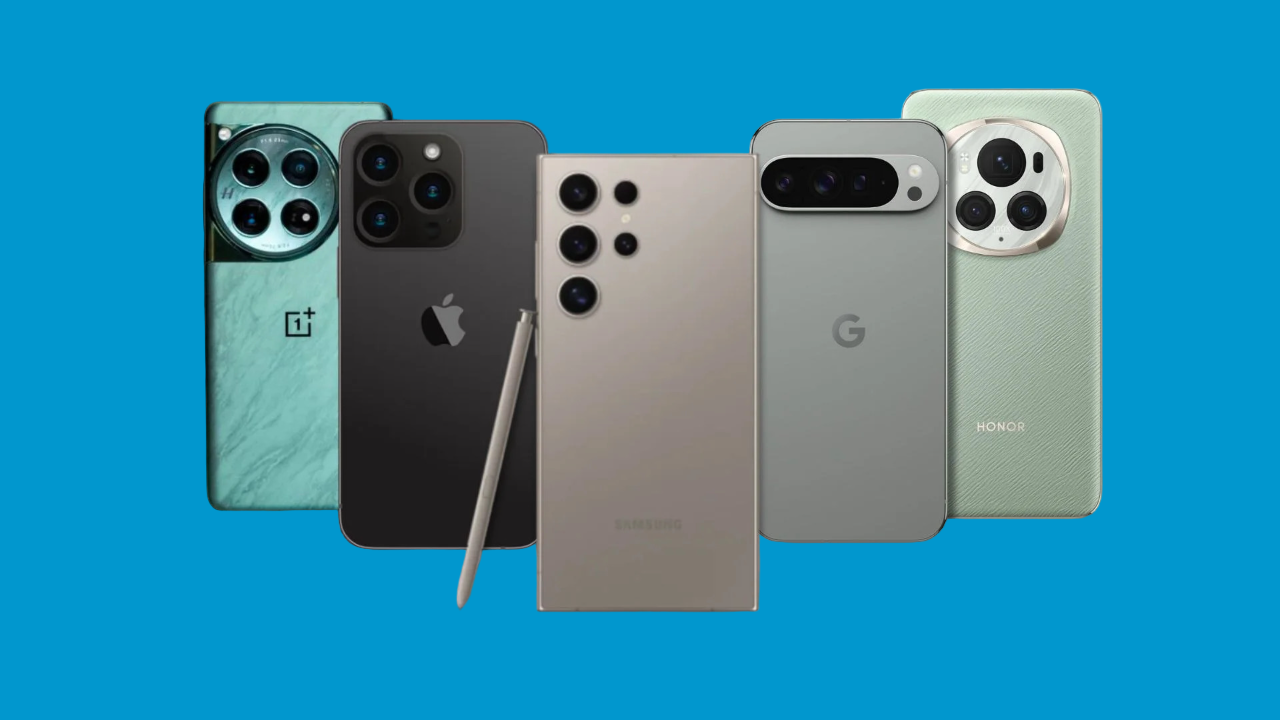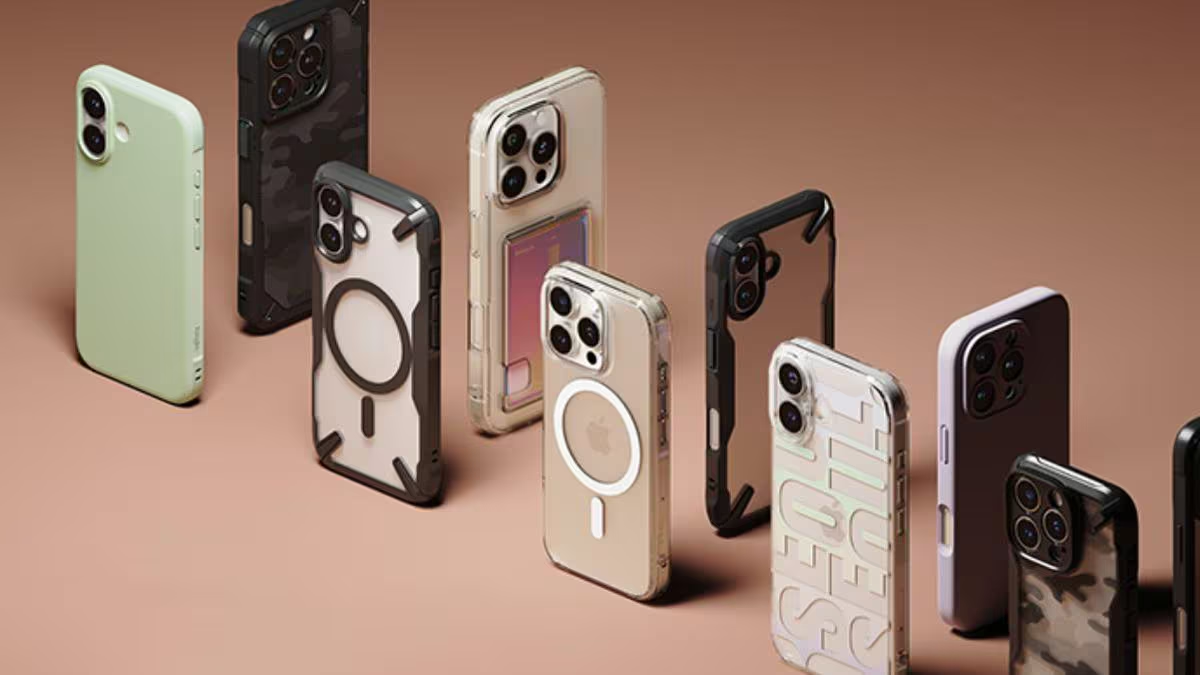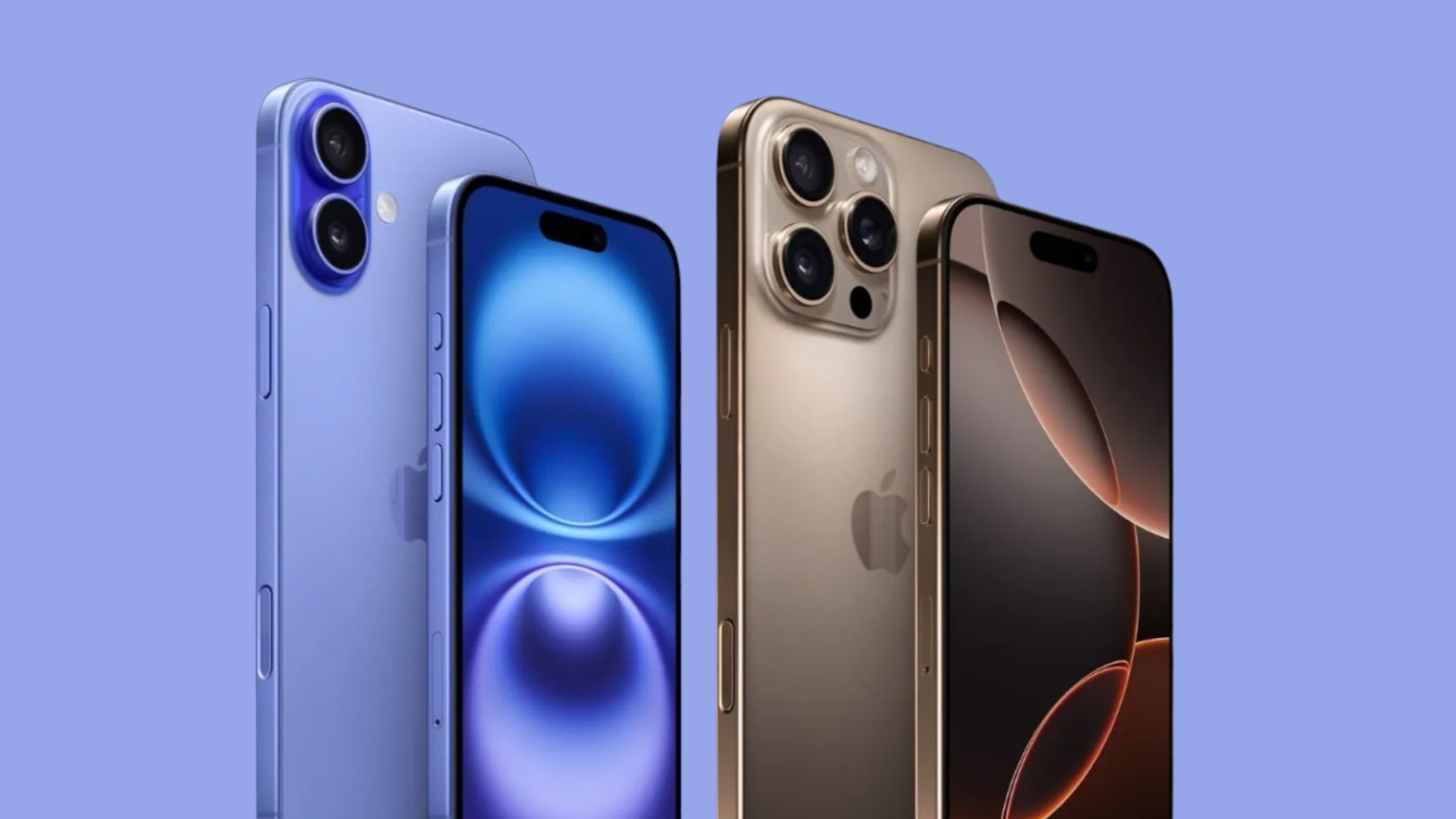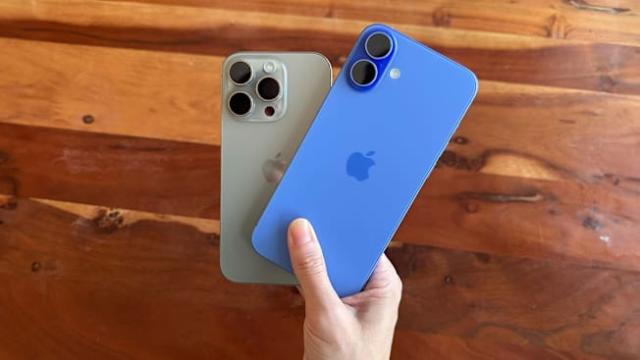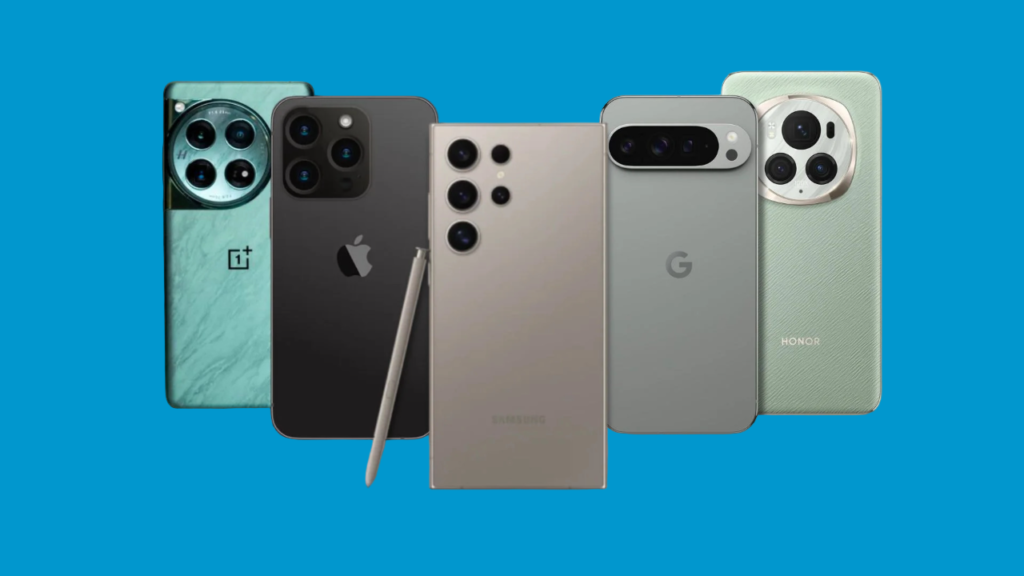
As someone who values data privacy deeply, I often find myself helping friends and family pick phones that protect their data from prying eyes. We live in an age where phone data—our texts, calls, browsing history, even location—is deeply intertwined with our identities. And while that connectivity makes life easier, it opens up serious vulnerabilities. When I decided to upgrade my phone last year, I went down a rabbit hole researching the most secure phones for privacy and data protection. What I found is fascinating: some brands take data security as seriously as a safe or vault maker.
It turns out that today’s best privacy-focused phones aren’t just about privacy settings—they’re built with privacy-first hardware like secure chipsets and unique encryption technologies. The models that stand out have locked-down operating systems and layers of features meant to protect even the most casual user’s data. In this article, I’ll dive into five of the best data-secure smartphones for 2024 and show how specific settings on each can help you protect your data. My aim is to leave you with more than just a list; I want you to know what truly sets these phones apart, why they’re a cut above in the privacy department, and how you can maximize their built-in protections.
Let’s jump into some of the best options I found, the settings that matter, and a few tips I’ve learned along the way to keep your data more private.
Apple iPhone 15 Pro: Security as a Core Philosophy
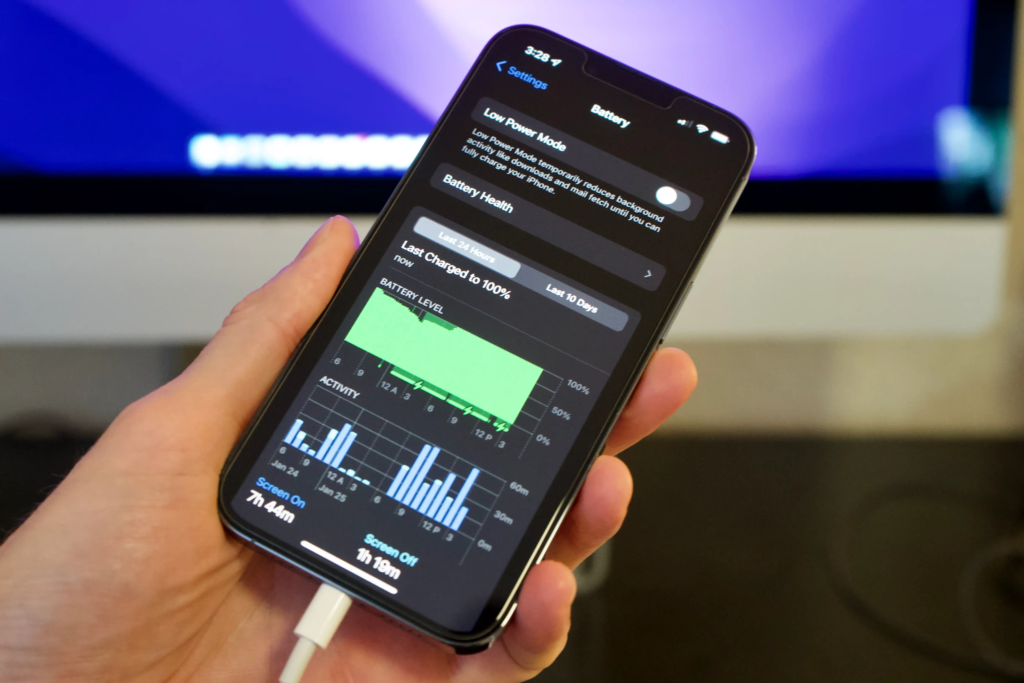
The Apple iPhone series has long been synonymous with security, and the iPhone 15 Pro is a shining example. I always admired Apple’s dedication to privacy; unlike many competitors, they don’t rely on data mining to drive profits. That approach fundamentally changes the relationship between Apple, the device, and the user.
Secure Chipsets with the A17 Pro Bionic
Apple’s A17 Pro Bionic chip is a powerhouse of performance and security. Integrated with a Secure Enclave—a hardware-based encryption tool—it creates a secure environment for storing sensitive data. This chip ensures that even if someone were to physically access your device, they would struggle to retrieve encrypted data without your permission.
Face ID and Data Protection
Apple’s Face ID technology adds another layer. The Face ID data doesn’t leave the device; it’s processed within the Secure Enclave, meaning your facial data remains local, unlike cloud-based recognition systems. For someone like me, who doesn’t want my biometric data stored remotely, this is a huge plus.
Privacy-Focused Settings
Apple’s iOS 17 also offers more refined privacy settings than previous versions, including app tracking transparency, giving users control over what information apps can access. There’s also a built-in password manager, and when used with two-factor authentication, it becomes nearly impenetrable. For anyone considering an Apple device for privacy, remember to turn off location services for apps that don’t need it and use Apple’s “Private Relay” when browsing to hide your IP address.
Google Pixel 8: Security Meets User-Friendly Design
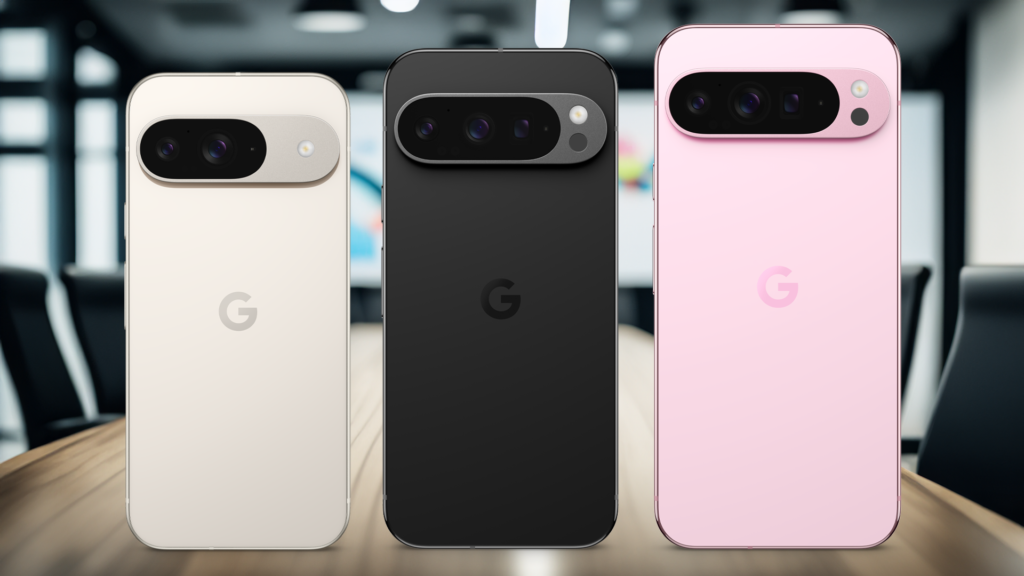
While Google might be the last brand you’d associate with privacy, the Pixel 8 surprised me. After initial skepticism (given Google’s ad-driven business model), I learned that Google has invested heavily in privacy-focused features for the Pixel series.
Titan M2 Security Chip
The Pixel 8’s Titan M2 chip sets it apart, and it’s not just marketing fluff. This chip is independently verified to keep data safe from cyber-attacks and works with other on-device security elements to ensure that personal data remains private. With the chip managing sensitive processes, the phone effectively blocks malware from accessing user data.
Android 14 Privacy Controls
Android 14 offers impressive privacy controls, and the Pixel line benefits from first-in-line updates. Features like “auto-reset permissions” will disable app permissions after periods of inactivity, a setting I recommend activating right away. The Safety Center is another valuable resource, where you can customize the device’s permissions and tweak security settings.
Enhanced Location and Tracking Controls
One of the best parts about the Pixel’s privacy features is the way location tracking is managed. The Pixel allows users to give approximate location data to certain apps, rather than a precise pinpoint. I like this feature because it balances the need for app functionality with privacy—great for weather apps or local searches that don’t need exact coordinates.
Samsung Galaxy S23 Ultra: Military-Grade Security for Android Fans

Samsung’s Galaxy S23 Ultra takes data privacy very seriously. Samsung’s approach, known as Knox Security, takes hardware and software security to an almost military-grade level. This model is a top choice for anyone dedicated to Android but unwilling to compromise on privacy.
Knox Security Platform
Samsung Knox is a multi-layered security platform designed to separate, encrypt, and protect data at every level of the Galaxy S23 Ultra. It’s widely used in corporate environments, making it one of the most trusted systems for data security. Knox allows users to create a secure folder for apps and files, which I use frequently to keep sensitive information separate from general device storage.
Regular Security Updates
The Galaxy S23 Ultra stands out for its consistent, frequent security updates. Samsung has committed to five years of updates for this model, meaning that it will stay secure longer than many other devices. Samsung’s security center within settings allows you to monitor the device’s security status and immediately address any issues that arise.
Customizable Permissions and Access
Samsung also has excellent permission settings. On the Galaxy S23 Ultra, you can set apps to access data only when the app is in use or turn permissions off completely. My advice is to take a few minutes upon setup to go through each app’s permissions; it’s worth it, especially with Samsung’s deep customization options.
Fairphone 5: Privacy for the Environmentally Conscious
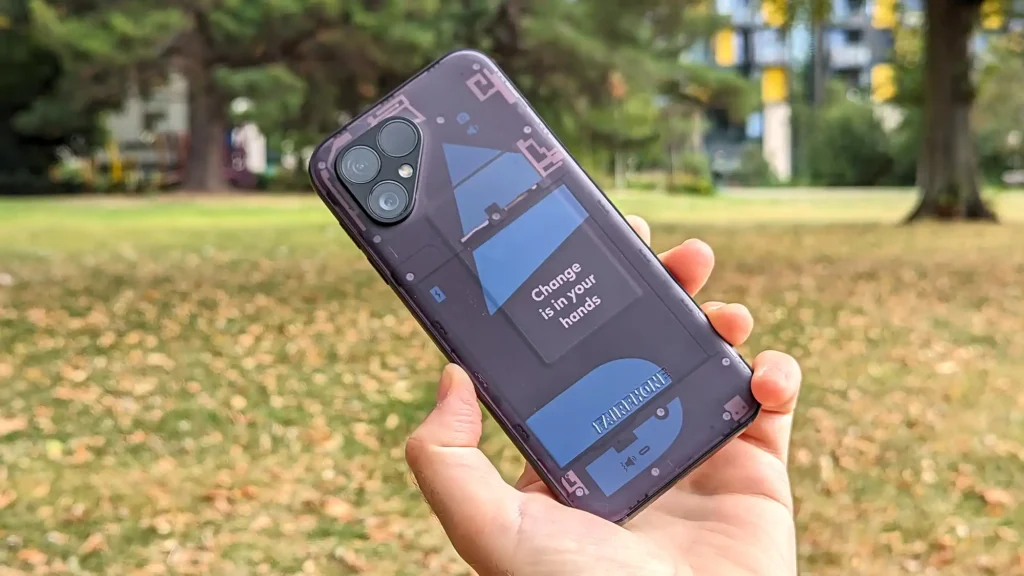
Fairphone may not be as well-known as Apple or Google, but the Fairphone 5 is impressive for anyone who values sustainability along with privacy. While it doesn’t have the big-brand security chipsets, it offers secure hardware with user-controlled operating system options.
Open-Source Operating System
What makes Fairphone unique is its option to install different OS versions, including privacy-focused options like /e/OS. For users like me, who prefer open-source software, Fairphone’s flexibility is hard to beat. This allows users full control over data tracking and the app ecosystem, keeping ad trackers and unwanted data collection to a minimum.
Environmentally Friendly, Yet Secure
Fairphone’s modular design allows for easy repairs, which is rare these days, but they didn’t skimp on security. The device features a fingerprint sensor, end-to-end encryption, and privacy settings that allow full control over data collection.
Customizable Privacy Settings
Fairphone users can disable the Google Play Store and use alternative app sources to prevent data sharing with third parties. When I used this phone, I also set up private DNS settings, which ensured my browsing was encrypted.
Librem 5 by Purism: Privacy at the Core
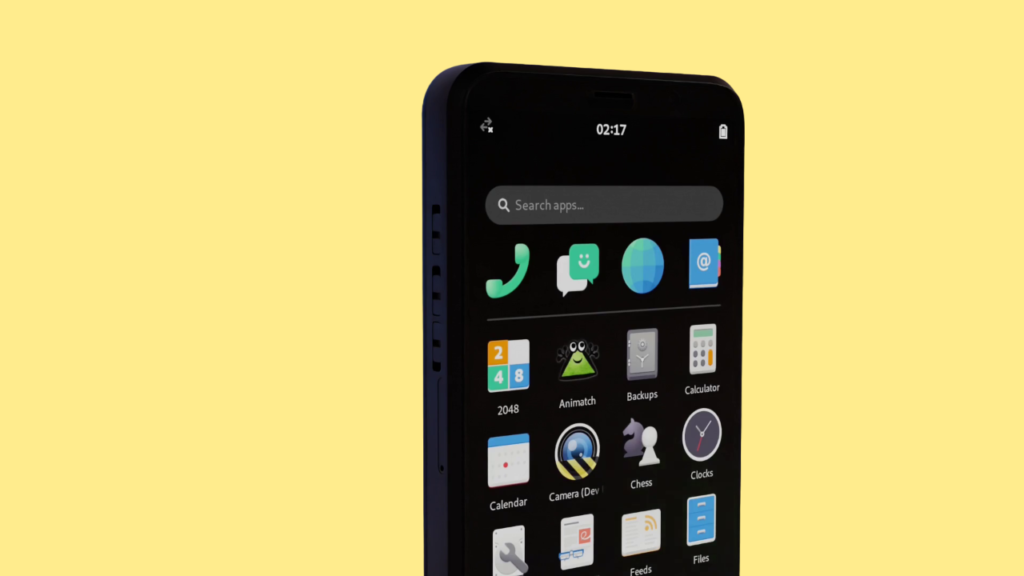
The Librem 5 is designed by Purism, a company dedicated to privacy, open-source software, and user control. I tried the Librem 5 because of its reputation in privacy circles, and it certainly delivers on that front.
Kill Switches for Ultimate Control
The Librem 5 comes with hardware kill switches for Wi-Fi, Bluetooth, microphone, and camera. For those who want peace of mind, it’s fantastic knowing I could physically disable these components. This phone is ideal if you are deeply concerned with digital privacy and want full control over your hardware.
PureOS and No Forced Data Collection
The Librem 5 operates on PureOS, an open-source OS that doesn’t track users or mine data for ads. Because it doesn’t rely on Google Play, apps that need Google services may be limited, but it’s a worthwhile trade-off for privacy.
End-to-End Encryption
The Librem 5 supports end-to-end encryption for calls and texts using third-party apps, providing a robust level of security. It also offers decentralized communication options for anyone worried about data snooping.
Conclusion
When it comes to data-secure smartphones, it’s all about choosing a model that aligns with your privacy values. Whether you prefer the iPhone 15 Pro’s secure chipset, the Pixel 8’s permission controls, Samsung’s robust Knox system, Fairphone’s modular eco-friendly design, or Librem’s ultimate privacy-first build, there’s an option for every level of security consciousness. I’ve found that each of these phones has unique strengths, and the one that fits best depends on your priorities.
In the end, the best security for your phone will always come down to the settings you choose. Take time to set up these features, review permissions regularly, and always keep your software up-to-date. It’s a small investment of time for a big return in peace of mind.

